#William booth
Photo
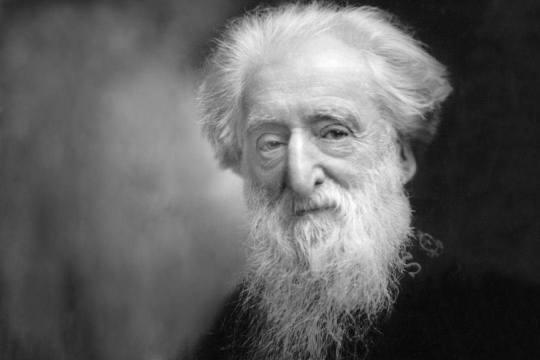
"But what is the use of preaching the Gospel to men whose whole attention is concentrated upon a mad, desperate struggle to keep themselves alive?"
- William Booth
7 notes
·
View notes
Text

transgender werewolf doodles
#a lotta ppl liked the style of the webber sketch so heres more like that#i use it a lot in doodles but dont post it much#art#my art#ocs#my ocs#celeste galleon#william booth#celeste is wizard werewolf will is his apprentice/adopted son btw.#william booth is probably a real guy but it was randomly generated by the character creator these two were made in so i kept it
11 notes
·
View notes
Text

Illustration for 'List of Illustrations' page
2 notes
·
View notes
Text
instagram
0 notes
Link
God's church is a militant host. Its warfare is with unseen forces of evil. God's people compose an army fighting to establish His kingdom in this earth.
0 notes
Text
“A letter came to me a few years ago from a long-retired actress who had, as a youngster, been taken to see Edwin Booth play King Lear. It seems that towards the end of the play, when the mad Lear was brought face to face with his daughter Cordelia, there was a sharp pause, then – for a second that couldn’t quite be caught or measured – a startled, desperate, longing flicker of near-recognition stirred somewhere behind the old man’s eyes, and then – nothing. The entire audience rose, without thinking, to its feet. It didn’t cheer. It simply stood up. It was as though a single electrical discharge had passed from one body on the stage, instantaneously, through a thousand bodies in the auditorium. Something had been plugged into a socket; two forces had met.
This meeting is what the theater is all about; it is its greatest power . . . The theater gains its natural – and unique – effect not from the mere presence of live actors, or the happy accident of an occasional lively audience, but from existence of a live relationship between these two indispensible conspirators, signaling to one another through space.”
–Walter Kerr (1913-1996) Author and Theater Critic
From his book THE THEATER IN SPITE OF ITSELF
#shakespeare#william shakespeare#king lear#lear#edwin booth#walter kerr#cordelia#theater#theatre#theater history
92 notes
·
View notes
Photo


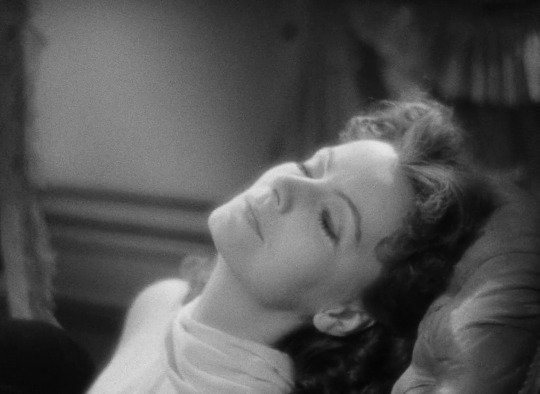
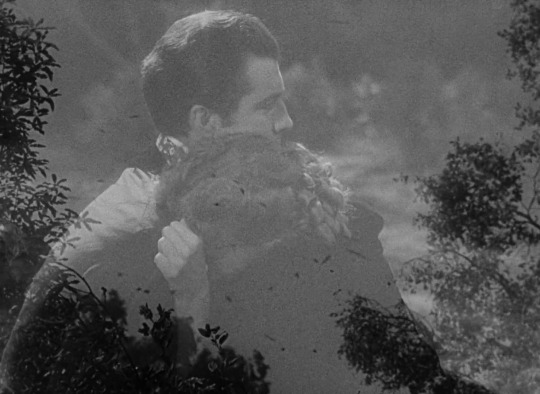




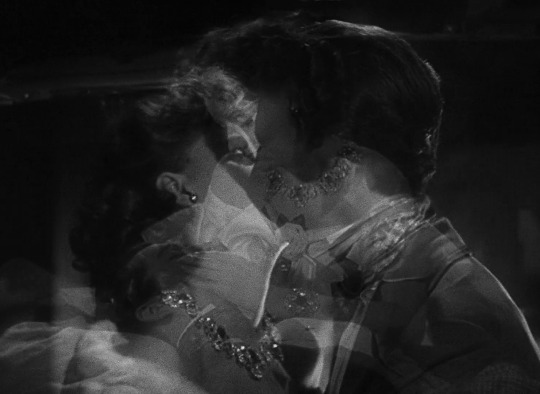

Camille (George Cukor, 1936).
#camille#camille (1936)#george cukor#greta garbo#robert taylor#margaret booth#margarita gautier#william h. daniels#karl freund#cedric gibbons#henry grace#jack d. moore#adrian#norbert a. myles#harry thomas#metro-goldwyn-mayer
201 notes
·
View notes
Text
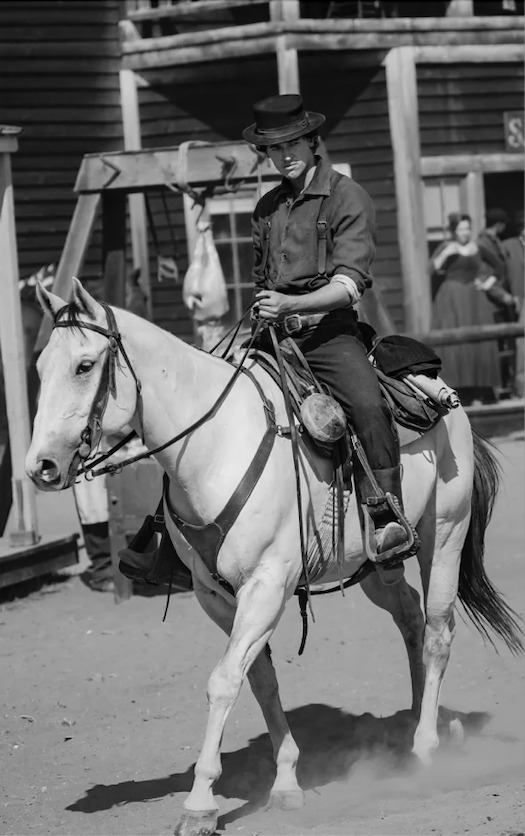

in conclusion save the horse ride a cowboy🐎
#(even tho they're really more outlaws than cowboys)#anto says he went to 'cowboy camp' to prepare for the role so i'm sticking with it#(disclaimer that i am NOT advocating for romanticizing jwb)#that racist bitch can rot in hell where he belongs#but good god does anto look good pretending to be him🥵#tom blyth#anthony boyle#billy the kid#manhunt#billy the kid 2022#william h bonney#coriolanus snow#kid antrim#john wilkes booth#manhunt apple tv#masters of the air#mota#cowboys#harry crosby#lieutenant harry crosby#major crosby#major harry crosby
27 notes
·
View notes
Text





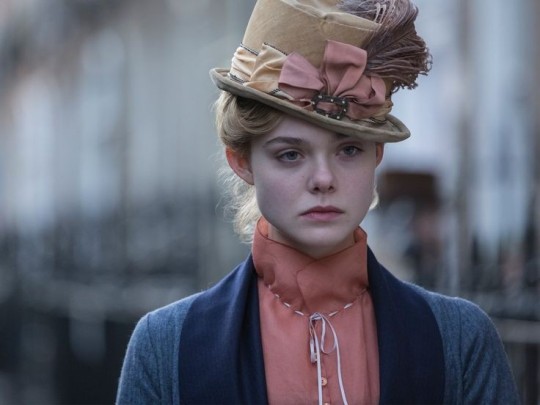

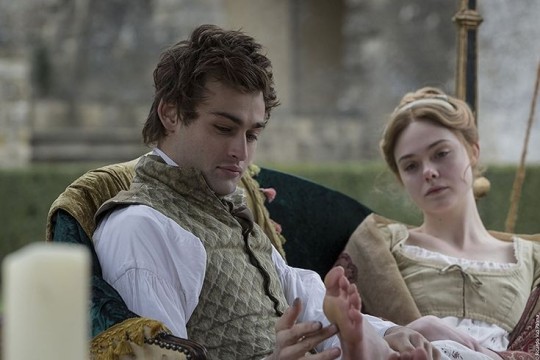
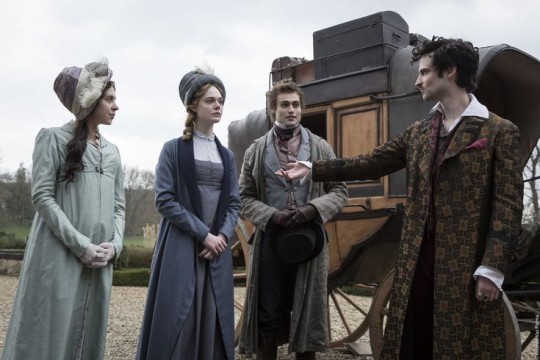
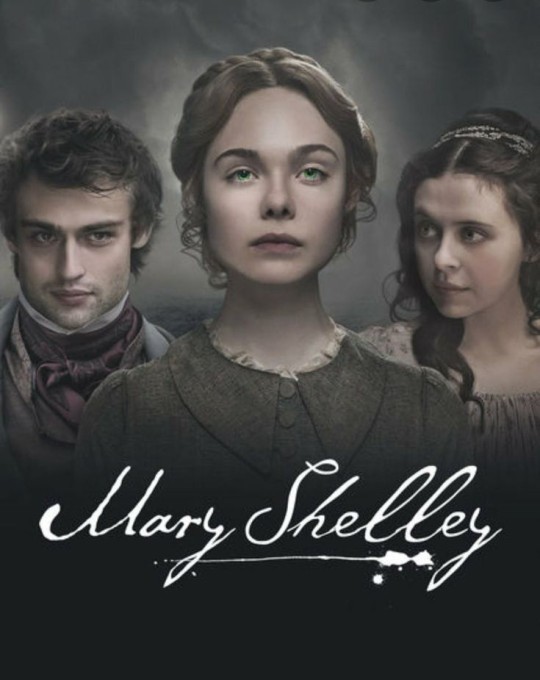
Mary Shelley (2017)
dir. haifaa al-mansour
#mary shelley#mary shelley 2017#costume drama#elle fanning#douglas booth#bel powley#tom sturridge#maisie williams
61 notes
·
View notes
Quote
Can we go too fast in saving souls? If anyone still wants a reply, let him ask the lost souls in Hell.
William Booth
17 notes
·
View notes
Photo
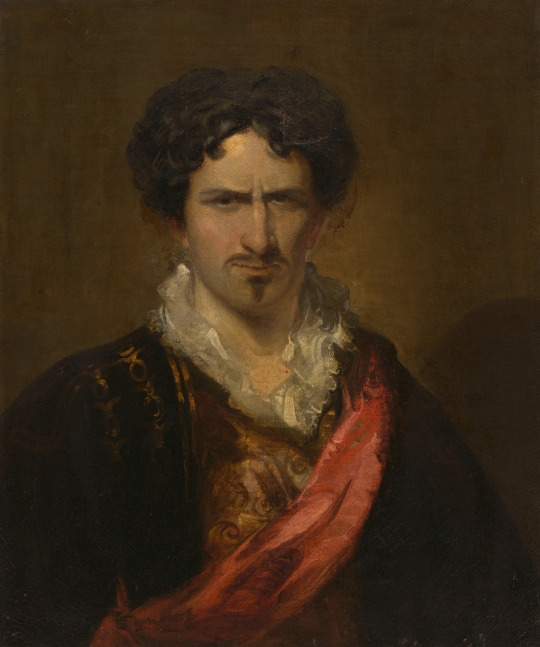
The actor Junius Brutus Booth in costume as Edmund Mortimer in Shakespeare’s Henry IV, Part 1 (1823), painted by John B. Neagle
#shakespeare#the henriad#art#this was john wilkes booth's father.................. so for that reason i will not be tagging the actor by name lol#idk WHAT kind of weirdos i would invite to my blog by doing that but for historical transparency i did cite the actor#listen. i. he died in 1852 i bet he sucked as a person but he didn't assassinate anybody okay#the portrait is bitchin and i found it while looking up#henry iv part 1#i henry iv#william shakespeare#edmund mortimer#john b. neagle#i wish there were more resources to learn about the lady mortimer#i also wish she had more actual dialogue in the play i find her so interesting#i wonder what elizabethan performances were like of her!!! bc all of her dialogue is just [speaks in welsh] or [sings in welsh]#it makes it so hard to imagine her as a reader. normally i like the abstract exercise of envisioning plays in my head but#wo her own words it's so much less of an approachable challenge#i don't even speak welsh too#and i wonder what the history of her being represented on stage is like#did they normally have an actual welsh actor/actress play her? i sort of DOUBT it was originally like that in the 1590s#but im sure if it's a high-budget production done today it's only natural to seek out a welsh-speaking actress and have her collaborate#w her own dialogue? right?#it's so surreal too bc shakespeare's works almost never acknowledge differences in language#it rarely has much to do w the plot#the only other passing reference i can think of off the top of my head is 'twas greek to me' and that was offstage someone spoke greek#in julius caesar#idk!!!! man!!!!! i just find it interesting#most of shakespeare's characters wouldn't have even natively spoken english so it's just never mentioned#but in the history plays. well of course they spoke english they were englishmen! except those celtic ppls#who always come up as just. iconic charismatic bastards and rebels. it's a very prejudicial interpretation but i have fun w it
58 notes
·
View notes
Text
Headcanon/Thought: Sinners use different names than their ones in life because it’s a very bad idea to give out your true name, especially to fae creatures and demons.
#just been stewing this for awhile friends can attest#mentioned it on discord a good bit ago#I do think that’s probably not the case but I thought of it and went ‘hmm…’#I’ve been thinking of hellhounds basically at booths around hell who explain it#and just heavily judge your name choice no matter what it is#jade does that just ‘are you sure?…nothing just I wouldn’t want to be named something like *that* when I have the choice.’#no matter what it is she’s very judging it sorry#yes john and will don’t care tho will gets some clearance because his living name is william#hazbin hotel#helluva boss#Creame brabbling#headcanon#texty texty toasty posty#text post
29 notes
·
View notes
Text
instagram
0 notes
Text
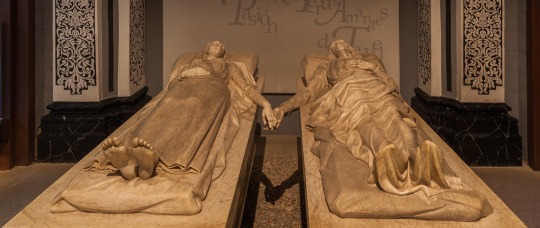



Tomb of the Lovers of Teruel in San Peter’s Church
Romeo and Juliet (2013)
#the lovers of teruel#lovers of teruel#romeo and juliet#williams shakespeare#teruel#hailee steinfeld#san peter's church#douglas booth#carlo carlei
16 notes
·
View notes
Text
Lincoln loved theatre; in his four years as President, he attended more than a hundred plays. “This is act vee one eye,” he’d whisper to his little son Tad, reading out the Roman numerals on the playbill. And he loved Ford’s: in December, 1863, he’d sat in its Presidential Box for two consecutive nights of “Henry IV”—“pause us till these rebels now afoot / Come underneath the yoke of government”—and that November, ten days before he delivered the Gettysburg Address, he’d seen John Wilkes Booth perform at Ford’s.
---
Long before Lincoln became President, “Macbeth” had been his favorite play. As a young lawyer, he carried a copy of it in his pocket. John Wilkes Booth had often played the title role. “After life’s fitful fever he sleeps well,” Lincoln had said, days before his death, reading a speech from the play. “After being hunted like a dog . . . I am here in despair,” Booth wrote in his last diary entry. “And why? For doing what Brutus was honored for.”
Booth, the overactor who knew only rage and self-pity, was best known for his performance as Richard III, scheming, enraged, crippled, doomed. A horse! A horse! He performed it, as was standard on the nineteenth-century stage, using a loose seventeenth-century adaptation that cribbed from other Shakespeare plays. “All quiet—after Richard twice tries to rise and cannot,” he once scrawled on a blank page in his prompt book, across from Richard’s dying lines (borrowed from “Henry IV”): “Now let the world no longer be a stage / To feed contention in a lingering act . . . On bloody actions, the rude scene may end, / And darkness be the burier of the dead!” Long after Lincoln’s death, as one tale has it, Edwin Booth opened his brother’s trunk and found inside theatrical costumes that had belonged to John Wilkes and their father, many stitched by his mother. He tugged them out and burned them: Iago’s ruffed tunic, Mark Antony’s flowing toga, Richard’s long cloak, each by each, in the dead dark of an American night.
#shakespeare#william shakespeare#john wilkes booth#costumes#new yorker#richard iii#julius caesar#caesar#theater#theatre
16 notes
·
View notes
Text
"we can be all poetic and shit and lose our minds together"

#i love them so much :(#i was going to do the four photo booth poses#but i gave up#lmao#ellie williams#ellie tlou#ellie#ellie williams fanart#ellie tlou fanart#the last of us#ellie the last of us#riley#riley tlou#fanart#digital art#art#the last of us fanart#tlou#tlou art#bella ramsey#tlou hbo#the last of us hbo#storm reid
82 notes
·
View notes